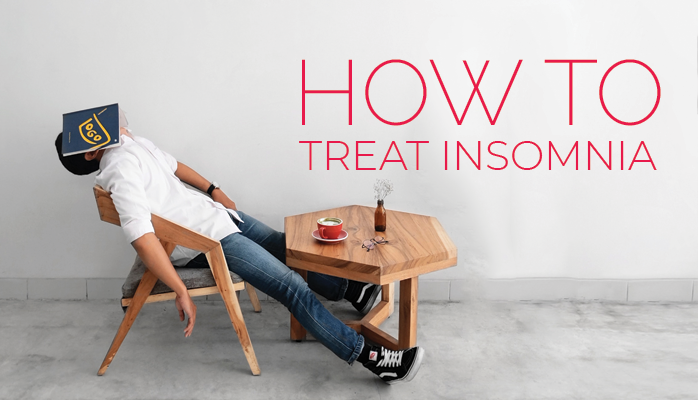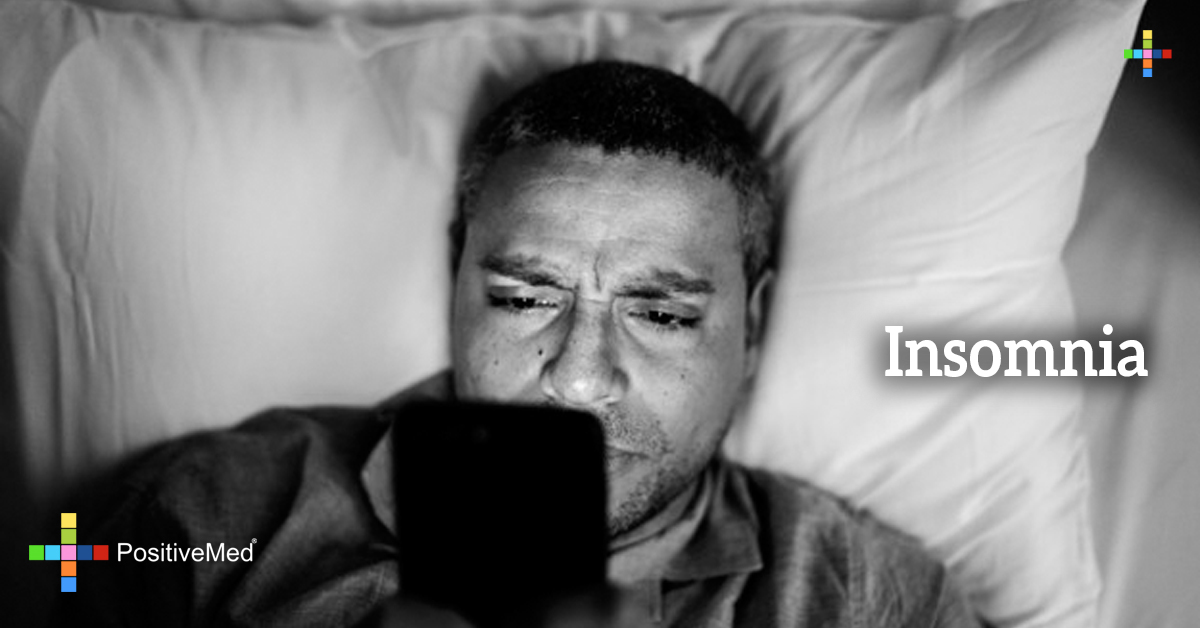

Talk to your doctor before using any herbal remedy as many can interact with medications you take. Some people prefer natural remedies for sleep, such as melatonin, valerian root, chamomile, kava kava, passionflower, and hops. Orexin antagonists: suvorexant (Belsomra) Melatonin receptor agonists: ramelteon (Rozerem) Non-benzodiazepine hypnotics: zolpidem (Ambien, Ambien CR, Intermezzo), pyrazolopyrimidine (Sonata), chloral hydrate (Notec), dexmedetomidine hydrochloride (Precedex), and eszopiclone (Lunesta) Benzodiazepine hypnotics: estazolam (Prosom), flurazepam (Dalmane), quazepam (Doral), temazepam (Restoril), triazolam (Halcion), and diazepam (Valium) Classes of prescription sleep medications include:

Consult your doctor to determine the right one for you. Medical treatments for insomnia include over-the-counter (OTC) and prescription sleep aids.

Cognitive behavioral therapy (CBT): behavioral modification including good sleep hygiene practices, and also retraining your thinking surrounding sleep Stimulus control: limiting activities in the bedroom to only sleep-related ones so you build an association between going to bed and sleeping Relaxation training: including breathing exercises, meditation, guided imagery, and mindfulness Often, a doctor will recommend non-medical treatments first, such as: There are numerous ways to treat insomnia, and prescription medications are just one option. Acute insomnia Chronic insomnia Circadian rhythm disorder Paradoxical insomnia What is the medical term for life-long insomnia? Acute insomnia may also be caused by the sleep environment being too hot or cold, too noisy, or not dark enough. It could also be due to physical pain or discomfort, a bout with a cold, some medications, or jetlag. This type of insomnia is generally the result of life circumstances, usually stressful ones such as divorce, death of a loved one, job loss, or an upcoming major exam. Insomnia that is short-term is called acute insomnia and it usually only lasts for a few days or a few weeks. Another possible cause for chronic insomnia is when it is secondary insomnia, caused by another chronic medical or psychological issue that is not well-managed. One possible cause for chronic insomnia is a poor sleep behavioral pattern, such as bedtime routines that do not cue your body to ready itself for sleep, or your sleep schedule does not sync with your biological clock. Chronic insomnia is defined as insomnia that occurs at least three nights per week for three months or longer.


 0 kommentar(er)
0 kommentar(er)
